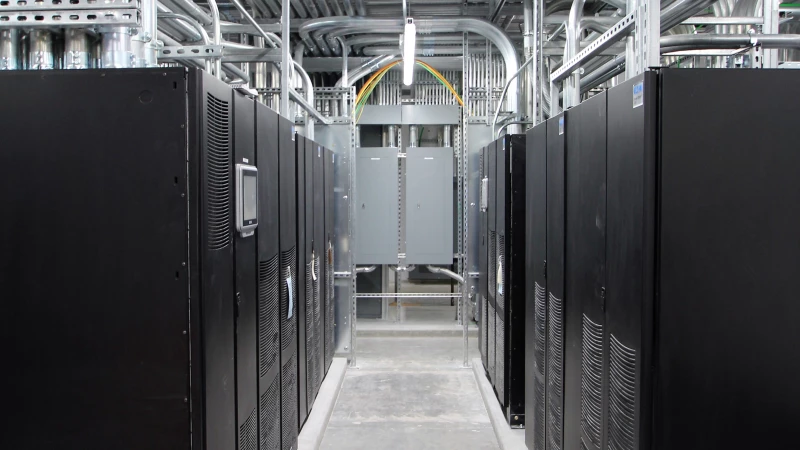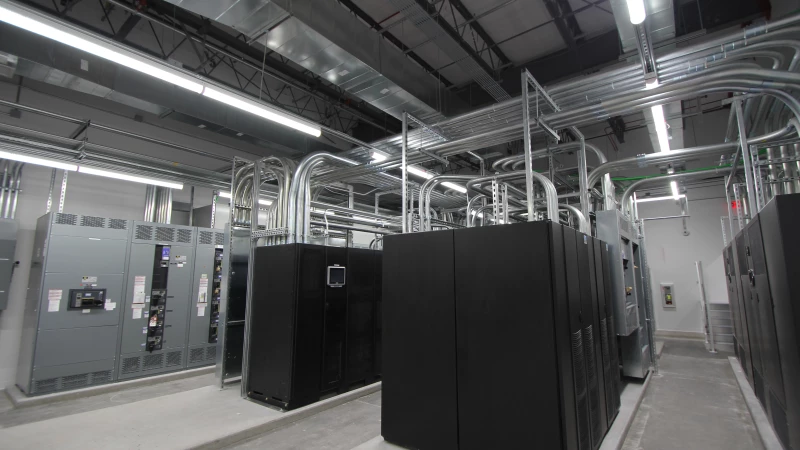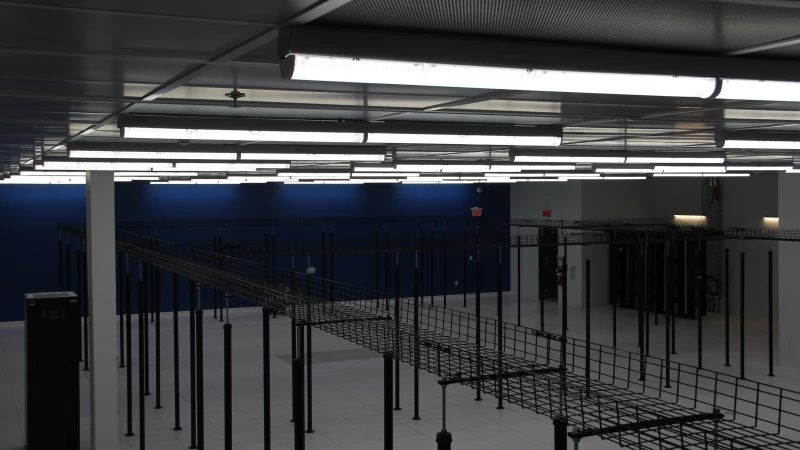At the recent Advancing Data Center Construction Conference, Hunt’s Technology Division Manager Matt Burke and Big-D Construction’s VP of Mission-Critical Andrew Soderquist shared expert insights on a topic central to successful project delivery: working with design teams to ensure constructability.
Matt and Andrew’s session highlighted how early and intentional collaboration between design and construction teams leads to fewer surprises, better efficiency, and stronger outcomes. They emphasized the most essential parts of ensuring a good working relationship with design teams: rethinking the RFI process.
Let’s set the stage early with partnering sessions. Effective projects begin with alignment. By hosting partnering sessions at the project outset, teams can establish shared goals, open lines of communication, and break down operational silos. These sessions help lay a foundation of trust and transparency throughout construction.
Then, rethink the RFI approach. Instead of a reactive approach, like being prompted to request information, Matt and Andrew advocated for proactive RFI strategies to get answers before the questions have been asked. Some strategies they suggested are engaging with designers early, writing quality and informed RFIs, setting clear response expectations, and leveraging technology for tracking and accountability. A more streamlined RFI process helps avoid costly delays and design ambiguities.
Collaborating early avoids rework later. Early involvement of construction teams through design-assist, workshops, and structured feedback loops ensures real-world expertise is baked into the design. This level of attention to detail prevents rework and keeps projects on track.
Matt and Andrew stressed the importance of making the most of Building Information Modeling (BIM). They shared how BIM has transformed constructability through clash detection, real-time design testing and optimization, improved trade communication, reduced errors, and streamlined scheduling. These approaches result in fewer change orders and, therefore, lower costs.
Constructability isn’t just about building efficiently; it’s about anticipating what’s next. This approach is applicable in all markets—rethinking the RFI process can be integrated to improve communication on any project, from mission-critical to commercial. Whether working on traditional colocation facilities or preparing for quantum-scale innovations, Hunt Electric is committed to being a strategic partner throughout the project lifecycle.
-article.webp)


